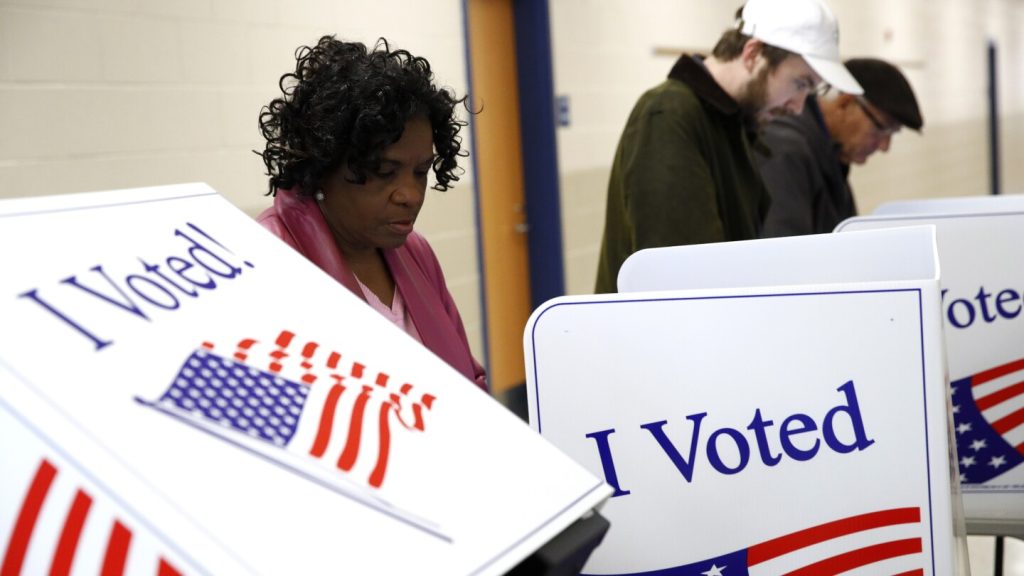A federal court ruling in South Carolina has determined that this year’s congressional elections will proceed under a map that was previously deemed unconstitutional and discriminatory against Black voters. With time constraints approaching ahead of voting deadlines and no decision from the Supreme Court, a panel of federal judges decided to move forward with the current map. The primary elections are set for June 11, with early voting beginning on May 28. The judges stated that it would be impractical to make changes to the maps at this point in time.
The focus of the case is South Carolina’s 1st Congressional District, currently held by Republican Rep. Nancy Mace. After winning her election in 2020 by a narrow margin, Mace secured a more significant victory in 2022 following redistricting driven by the 2020 census results. The lawsuit was filed by civil rights groups challenging the redrawing of the district by state lawmakers, accusing them of removing Black voters to create a safer seat for Republicans. The case highlights the use of race as a proxy for partisan affiliation in violation of the equal protection clause of the 14th Amendment.
Last year, a three-judge panel ordered South Carolina to redraw the district, citing the state’s use of race to safeguard Mace’s seat. The state Legislature, primarily led by Republicans, appealed this decision, leading to a Supreme Court hearing in October. However, the Supreme Court has yet to issue a ruling on the case, leaving the election process in limbo. Both the state and the civil rights groups involved had requested a decision by January 1 to allow for proper preparation for the upcoming elections.
The American Civil Liberties Union, part of the coalition challenging the district, criticized the decision to move forward with the current map, stating that it disregards the voices and rights of Black voters. The ACLU’s deputy director for the Voting Rights Project emphasized that failing to rectify the racially gerrymandered map undermines democracy and entrenches voter suppression in the state. The ACLU remains committed to fighting for the rights of Black voters and holding the legislature accountable for their actions.
Attorneys for the South Carolina leaders named as defendants in the case did not immediately respond to requests for comment. The situation in South Carolina differs from a similar case in Alabama, where the Supreme Court ruled last year that Republican lawmakers had diluted Black voters’ political power through redistricting. This decision led to the creation of a new map with a second district where Democratic-leaning Black voters form a substantial portion of the electorate. The legal battles over redistricting highlight the ongoing challenges in ensuring fair and equal representation in the electoral process.
As the primary elections draw closer in South Carolina, the unresolved legal battle over the congressional map adds a layer of complexity to the election process. With the Supreme Court yet to issue a ruling on the case, the fate of the redistricting remains uncertain. The decision to proceed with the current map, despite its constitutional and discriminatory issues, underscores the challenges faced in ensuring equitable representation for all voters. The outcome of this legal dispute will have significant implications for the upcoming elections and the representation of Black voters in South Carolina.


